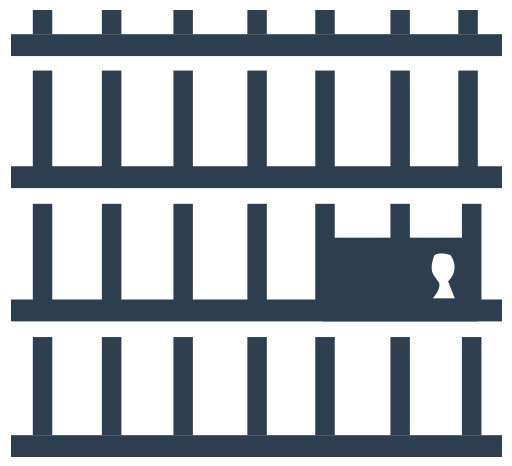Arresting and detaining individuals
The arrest of suspects in corruption cases is often the responsibility of the prosecutor and/or law enforcement, not an anti-corruption agency. The decision to arrest often comes at the end of the investigation, when the investigator or prosecutor declares that there is enough evidence to proceed to court. Unlike in most criminal cases, corruption cases are often financial crime scenes with no obvious victim, where the suspects and the crime are known but the means (the bribe, etc.) must be identified and proven. On the other hand, formal arrest has the advantage of allowing the anti-corruption agency to control the suspect (for example, securing their passport, requiring production of documents and interviews) and place them in a position with more power, where, for instance, they can testify against a more important suspect or negotiate an appropriate sanction.
